After extensive restoration, research, and monitoring efforts in the two decades following the Exxon Valdez oil spill (EVOS), scientists and the EVOS Trustee Council recognize that full recovery from the spill will take decades. Long-term monitoring of the spill-affected resources is important for assessing the recovery of injured species, and for managing those resources and the services they provide.
Gulf Watch Alaska is the long-term ecosystem monitoring program of the Exxon Valdez Oil Spill Trustee Council. The Gulf Watch Alaska Program aims to provide sound scientific data and products that inform management agencies and the public of changes in the environment and the impacts of these changes on injured resources.
Since its inception in February 2012, the program has developed, and will continue to sustain, long-term time series data about the EVOS-affected regions of the Gulf of Alaska. These data are synthesized into products to assist management actions, inform the public and guide further monitoring priorities for the next 15 years. These goals are accomplished by leveraging partnerships with outside agencies and groups to integrate data and expand capacity through collaborative efforts. Additionally, the Gulf Watch Alaska Program is synergized with the EVOS Trustee Council-funded Herring Research and Monitoring Program, based in Prince William Sound. The once distinct programs have merged for better integration and collaboration across disciplines. The integration will foster a deeper understanding of the marine ecosystem, as well as injury and recovery from oil spills.
Gulf Watch Alaska
Sea science extraordinaire
Explore much we have.
– Hal Batchelder



